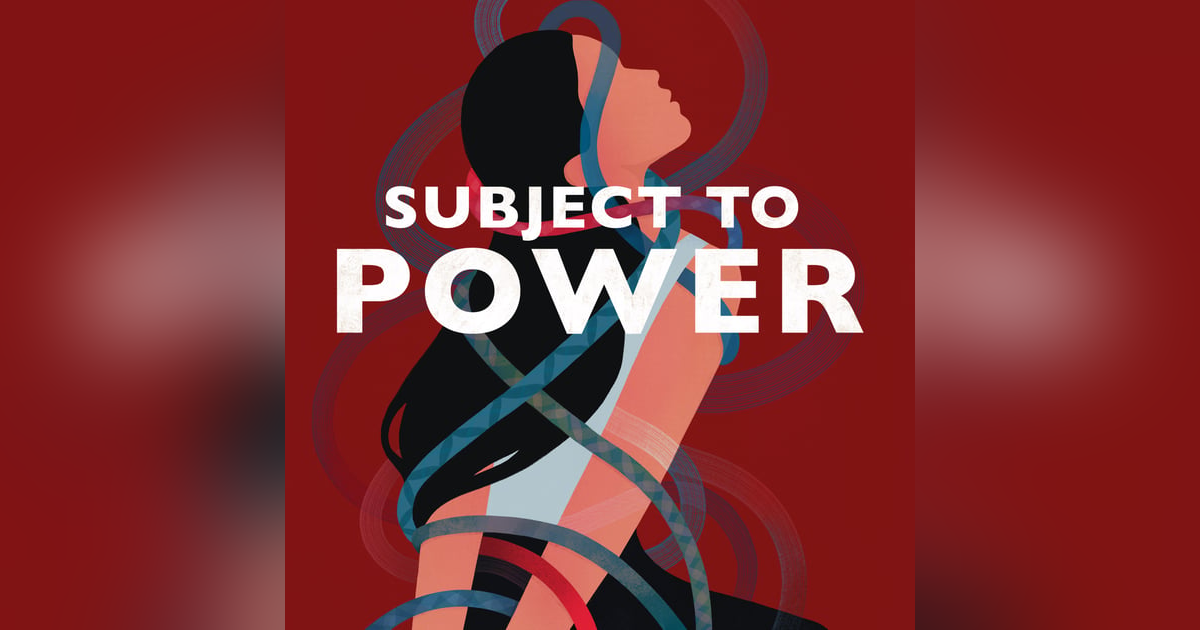The Great Overwelm


Our language - profane, sublime and everything in between - holds hidden truths about our cultural heritage, our current reality, and who determines it - and etymology, the study of the origins of words, can unlock this knowledge.
Jane Caputi has sp...
Our language - profane, sublime and everything in between - holds hidden truths about our cultural heritage, our current reality, and who determines it. Etymology, the study of the origins of words, can unlock this knowledge.
Jane Caputi has spent her career unearthing the history and meaning of words, our language, cultural beliefs, and how we know what we know - with a particular focus on sex, violence and the destruction of our natural environment.
In this episode we talk about Jane’s new book, Call Your Mutha’: A Deliberately Dirty-Minded Manifesto for the Earth Mother in the Anthropocene, in which she critically reimagines The Anthropocene, The Age of Man, from an eco-feminist perspective. Not for the tender-eared, in this sweeping conversation Jane breaks down the origins of the term motherf***er, explains why Mother Earth is not a metaphor, spells out the difference between omnipotence and cunctipotence, and much more.
Credits
Host: Elle Kamihira
Produced by Elle Kamihira
Audio Engineering by Jason Sheesley at Abridged Audio
Cover Art by Bee Johnson
Music by Beware of Darkness

Jane Caputi
Professor of Women, Gender and Sexuality Studies & Author
Jane Caputi is Professor of Women, Gender and Sexuality Studies at Florida Atlantic University. She loves teaching and learning, and as part of that has written four books, most recently Call Your Mutha’: A Deliberately Dirty-Minded Manifesto for the Earth Mother in the Anthropocene (Oxford University Press, 2020). She also has made two educational documentaries, The Pornography of Everyday Life (2006) distributed by Berkeley Media and Feed the Green: Feminist Voices for the Earth (2016), distributed by Women Make Movies. In 2016, she was named Eminent Scholar of the Year by the American Culture/Popular Culture Association and in 2020 the Association for the Study of Women in Mythology gave her their annual Saga Award for contributions to women’s history and culture.









